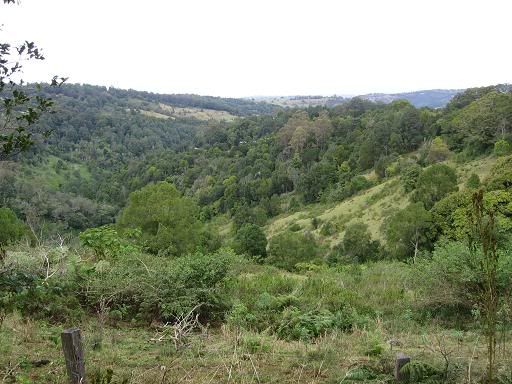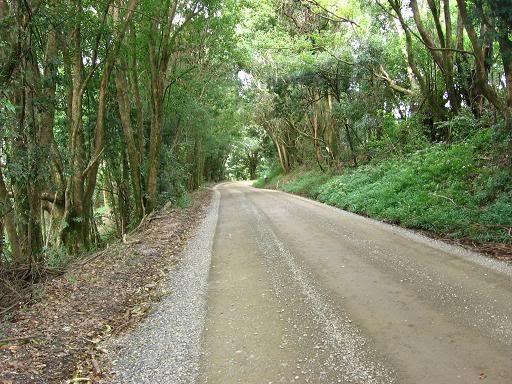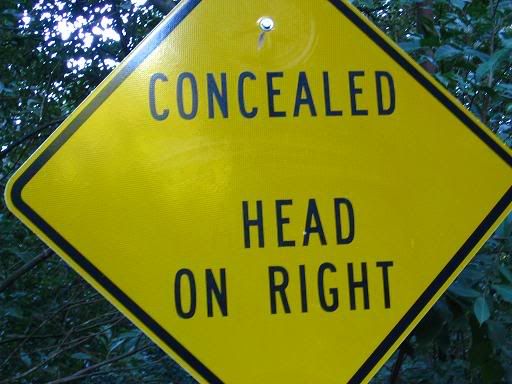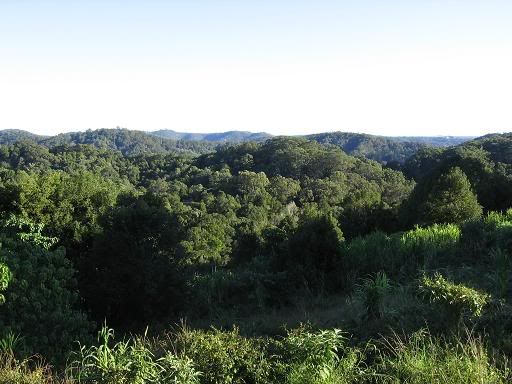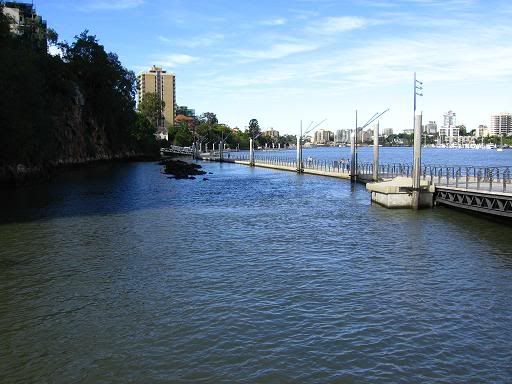Well, I do seem to have generated some controversy with my post from
the other day about bicycle sales. Not since discovering
The Garden of Eden has this little blog that nobody reads generated any attention at all. For what it's worth, I still stand by the gist of the original post, that a one-off shock is not going to cause a fundamental shift in transportational demographics. However, there
are things that could cause a shift in the long-term, which is far more likely to be relevant to the aims of cycling advocates than a sudden trend that lasts a couple of weeks.
First of all, let's be clear one thing. The simple construction of "facilities" is not the answer. The fact is that nobody is going to look out the window of their comfy car on the way to work one morning and say "Gee, look at that wonderful bike lane waiting to be tickled by my tyres" (unless, of course, they're going to park their car in it, something that happens far too often).
Last weekend's incident on the Gold Coast as well as
one or two of my own, show that these things also fall a long way short of providing the "safety" that is so often claimed.
Off-road bike paths? Build one that actually goes somewhere and they might be OK. Sadly, I've only ever seen one in this entire country that does (in Hobart), and even then, it was only suitable for riding at a touring pace -- I wouldn't be so keen to commute on it. And please, spare me the whole "but it works in the Netherlands" spiel, you wouldn't believe some of the complaints that I've read from commuter cyclists from that part of the world about the difficulty in making a simple trip from point A to point B in a timely fashion. In short, if such a system were implemented here, I for one would be forced to quit cycling to work and start driving because of time constraints.
So what can actually be done to entice people out of their cars and into alternatives? The first thing that needs to be understood is this: People will only look at cycling as an option if they have some basic desire to do it, or if the alternatives become somehow less desirable. It's ironic, given the subject matter of the original post, that London has actually provided an answer here. Congestion charging (i.e. charging people to bring their car into the CBD) has actually been having this effect since it's implementation. However, I'd go a step further and remove all of the on-street parking in the CBD area. Once this was implemented, market forces would then increase the price of the remaining parking, which would effectively dissuade people with no need to drive into the city from doing so. Those that still felt the need might at least recognise that they don't need to be the sole occupant of the vehicle.
As the Gold Coast story linked above shows, the type of people able to obtain a licence needs to be examined. It's clear that some simply can't handle the responsibility of controlling a piece of metal that size. The first solution that comes to mind here is to increase the minimum driving age to 25. Both that incident, and
this one would have been prevented had that been the case. The 18-25 age group has been shown time and again to be the one which accounts for the greatest percentage of road fatalities -- to borrow the logic used to "justify" banning cyclists from the M1 in Queensland, it would be
for their own safety. It might also give some of them the chance to realise that it is actually possible to live one's life quite successfully without driving every errand further away than the driveway.
The above could also be reinforced by removing those from the road who prove to be a problem. Those netted in
this exercise should have had their licences revoked for a long time, but in truth they were probably free to drive again the next day. The presence of morons like this is hardly going to entice anybody else out of their steel cage, and again, if these people were forced to look at other options for a while, they might start to see them as a possibility.
Sadly, none of the above are likely to happen in this age of government by opinion poll. However, rather than relying on government intervention, there are little things that cyclists themselves can do in order to work toward this end. First of all, every winter (yes, that is the riding season here) I see a lot of "new" cyclists taking up riding to work, but very few sticking with it. In fact, I don't know of a single cycle-commuter on my current route who has been doing it continuously for the two years that I've been using that route. Let's look at why people are quitting -- what is making people turn away from riding at the very time the health benefits and cost savings should be starting to flow through to them?
Education is a
big problem here, a friend of mine in Hobart used to get flamed on cycling message boards for the mere mention of this, but the fact is there is very little in the way of education (formal or otherwise) in assisting people to learn the nuances of transportational cycling. It's not just dealing with traffic (although that's a big part of it), but also the things people mightn't think of right way, like keeping a change of clothes dry while riding through a downpour, carrying the change of clothes comfortably, maintaining a reasonable physical appearance on their arrival etc. People who can deal with these things comfortably are far more likely to enjoy their cycling, and thus, far more likely to stick with it.
This article offers excellent suggestions, and has been around for a number of years, but how many cyclists have actually seen it, or been made aware of the things it addresses? It also quotes some interesting safety statistics, which makes me wonder just why so many people try to promote cycling as "dangerous", when there are steps people can take which dramatically increase their safety to the point that it becomes safer than any transportational option apart from walking.
And while we're talking about initiatives for commuters, can someone tell me why something like Ride to Work Day has to be an annual event? Why not monthly? Or even weekly? Granted, it might mean people have to miss out on a free breakfast, or God forbid, the politicians' speeches, but these rarely lead to enlightenment in anycase. It would, however, provide inexperienced cyclists with encouragement, the camaraderie of a shared ride, and the chance to impart some of the information I mentioned above in a casual, relaxed manner.
I saw a comment along the lines of "cyclists do vote, we just need more candidates picking it up". This is true, but until there are
enough voting cyclists to frighten these candidates, they won't pick it up in a hurry. The real question is how much do
we believe in what we're trying to do?






















